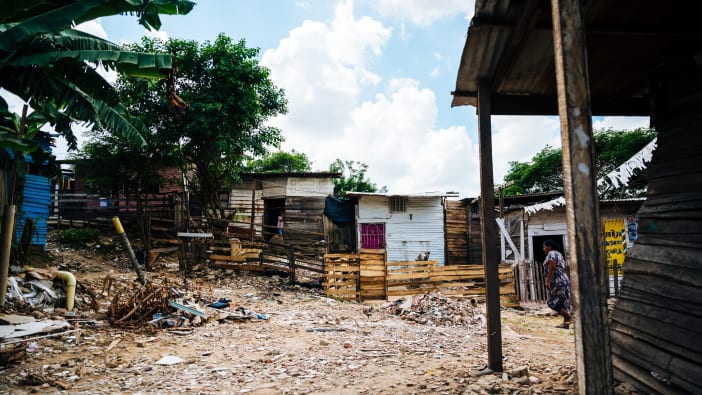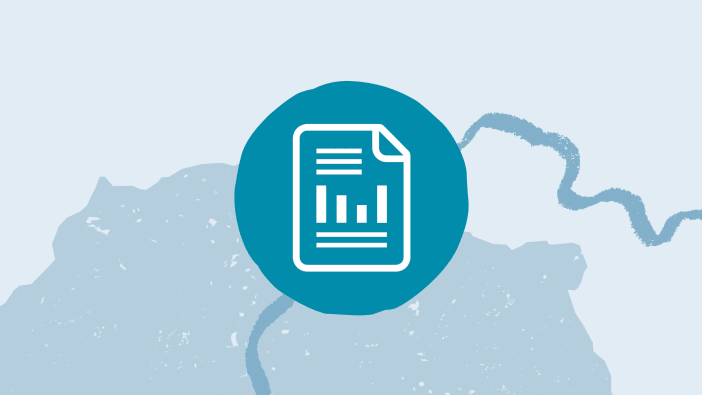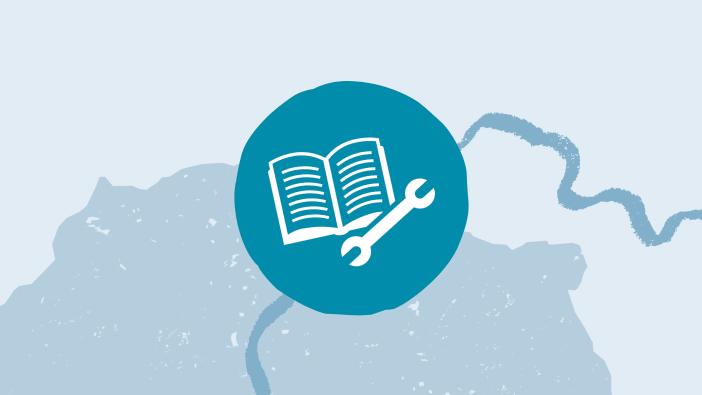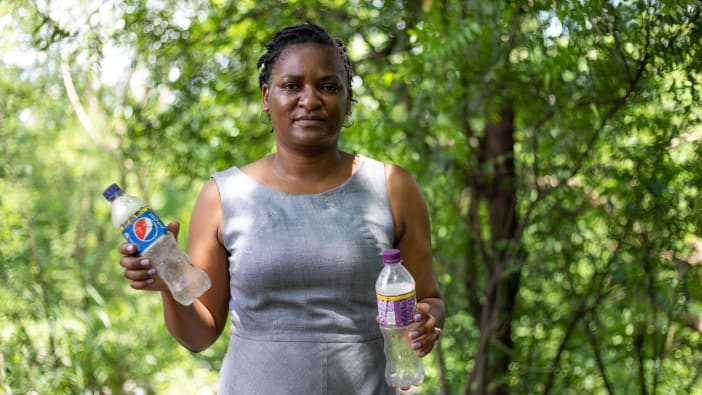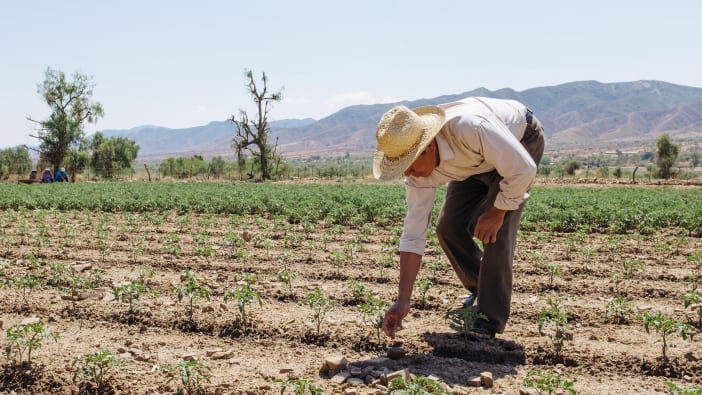East Africa – including Ethiopia, South Sudan, Kenya, Uganda and Somalia – is currently experiencing a food crisis on an unimaginable scale. Many diverse factors have contributed to this crisis, including ongoing conflict, climate change, Covid-19, desert locusts, and the impact of the war in Ukraine on international grain and fertiliser prices.
In Ethiopia, Kenya and Somalia, the worst drought in 40 years has gripped the region. As of December 2022, it is estimated that at least 20 million people across the region are facing acute food insecurity, with women and girls being the most affected by this crisis.
Policy positions
East Africa hunger crisis: Advocacy resources
Curated resources to influence decision makers, including policy recommendations, videos and media articles
2023 Available in English
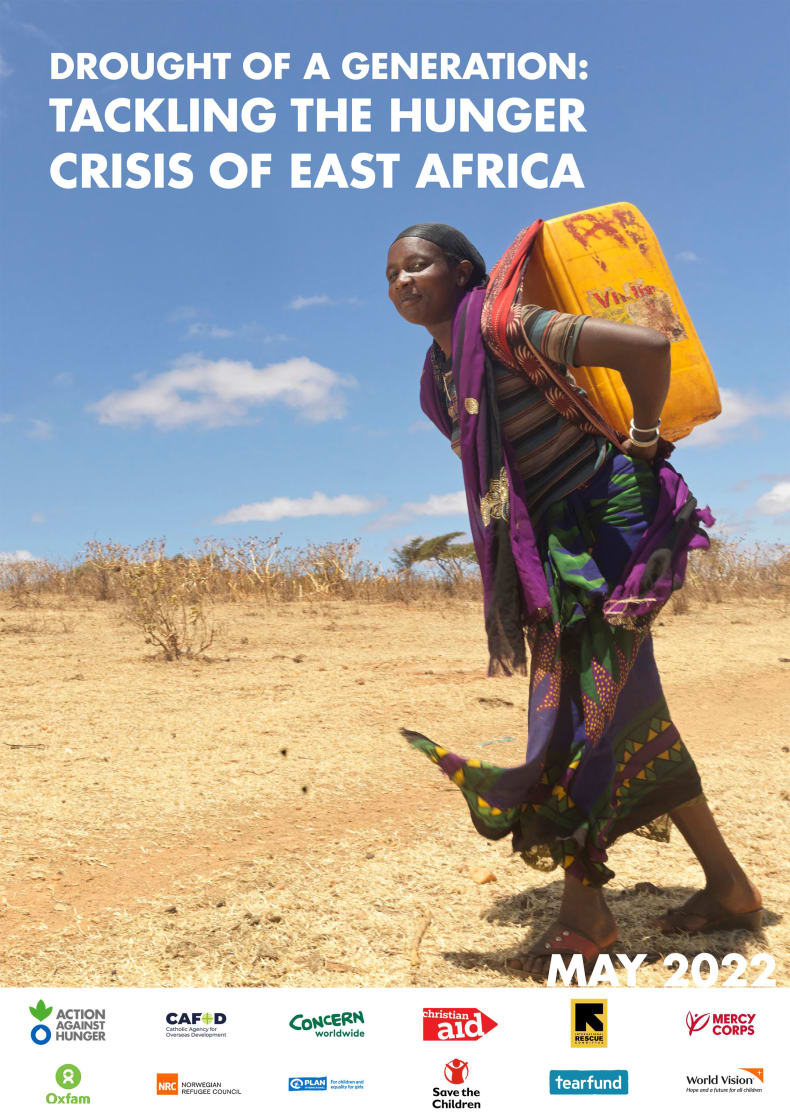
‘...it is estimated that at least 21 million people across the region are facing acute food insecurity’
In South Sudan alone, 8.3 million people are severely food insecure, as conflict and severe flooding has hit the country. Cuts in humanitarian funding have also worsened the situation.
Tearfund and our local partners are calling on national and international policymakers to urgently respond to the pressing humanitarian needs in East Africa.
Additional resources
Here you can view and download several resources including policy recommendations, videos and media articles relating to this hunger crisis. Please feel free to adapt them and use them as appropriate.
- Report: Drought of a generation: Tackling the hunger crisis in East Africa
- Video: The impact of climate change on women and girls in East Africa
- Video: Ephraim Tsegay speaks to MPs in the UK Parliament
- Article: ‘Alarming’ rise in child marriage across drought-hit Horn of Africa
- Article: How can Christians break bread when there is none?
This clip is taken from a panel discussion that was held at the Conservative party conference 2022 at which Elizabeth Myendo (Tearfund's SEA Disaster Management Lead) spoke. Other speakers included Vicky Ford MP (Minister of State for Development in the Foreign, Commonwealth & Development Office), Aria Babu (Senior Researcher at The Entrepreneurs Network) and Steph Spyro (Political Correspondent and Environment Editor at the Daily Express).
https://vimeo.com/e91a938b-d3b9-4752-8bc4-771e3b6805c1
As Rick introduced, my name is Elizabeth and I come from Kenya. I'm specifically here representing the Horn of Africa. I've been visiting communities in Ethiopia, Somalia and Uganda recently. Just with the focus of this current drought that we are experiencing right now in the Horn of Africa. I know most of you may be reflecting back and saying “oh, but we've always heard about hunger crises in Africa or the Horn of Africa”, I'll tell you over the last ten, twelve years a lot of investment has gone into place. And drought has been a cycle. We've had cyclic droughts that we've been able to manage But right now, what we're experiencing it's something that I personally have been in the humanitarian sector for the last fourteen years. I've been able to respond to three different drought disasters. But what we’re experiencing right now - it's a worse kind of drought than we've ever seen. We've had four years, four years of failed rainy seasons. And most of the communities that I'm representing and I'm speaking of here, they are solely dependent on agriculture and pastoralism. So you can imagine four years of no rainfall what happens.
And I'll start off you're just giving an example of one of the women that I met in the northern part of Kenya, specifically in Turkana. Her name is Eunice. Eunice is a mother of four, and unfortunately, Eunice's sister passed and she had to take in her sister's four children. So Eunice feeds eight children in her house. Eunice together with her community, they came up with a plan of solar irrigated farms, where they could depend on actually instead of just depending on rain fed agriculture, they could also depend on the solar irrigation farms. But because of the four years of failed rainy seasons, The water tables have really gone low, and the solar pumps cannot pump any water. So they've had no harvest at all. So this means, Eunice and her eight children, they have nothing to feed, and she looks at them when I was talking to her. She was just looking at the little ones and saying, the older children had to be pulled out of school, both boys and girls to go and scavenge in the nearest towns and just look for wild foods and bring for the younger children for them to feed, so that at least they have something to eat.
In Ethiopia a woman called Tigiste. Tigiste is a young mother. She's just twenty three years old, and she has three children. And Tigiste got married at a very young age because of the issue of drought. And she thought it was just relieving stress from her family. But unfortunately, her husband has lost all the livestock that he had. He's seen his livestock die because over the years, there's been no pasture generating and he’s been travelling miles and kilometres in search of pasture. And this has also generated a lot of conflict between other tribes that are also fighting for that pasture. He's lost all his livestock. Tigiste feeds her children in turns. I'm talking about children, the eldest child is eight years old. The youngest was one year old and while I watched Tigiste breastfeeding this little boy I was really sad for him because he was so malnourished and so was she.
So the impact of this current drought, especially on women and children is really, really devastating. And communities such as Tigiste’s and Eunice’s are experiencing it because they had put mechanisms in place to actually tackle the drought, but because of the climate change that we are actually experiencing in East Africa. We are seeing a drought that we've never seen before. So women are often responsible for feeding and also for scavenging for food for their families. And because of this stress, most of them are actually having to go long distances in search of water or in search of food. And with that, they are experiencing a lot of sexual-based violence and some of them have even gone to the extent of pulling their little girls out of school or even the girls themselves volunteering to drop out of school with the thought that if they get married, they'll actually be able to fetch some dowry that will push their family forward. So we are seeing a lot of young marriages also happening. Especially in Northern Kenya in Southern Ethiopia and Northern Uganda. And all this is because these communities are actually experiencing this worst drought.
So my prayer and plea is that we need to act today. We need to just support the humanitarian support that is actually happening.
I'm glad to hear Vicky will be going to Ethiopia next week. So you'd be able to actually see what I'm just talking about here. And it's about time. We just started advocating more for the climate finances that we've been speaking about that we have all pledged to and targeting the local communities and local responders and most specifically, the women, the women in Africa and the women in these communities are very resilient. And if we target them rightly, they'll be able to support us through, they'll be able to pull themselves and pull their communities through this period and future in terms of what they are facing.
Ephraim Tsegay, Strategic Project Lead, Africa (and former Ethiopia country director) gives a talk in the UK parliament in May 2022 about the humanitarian crisis in East Africa. The event was chaired by Pauline Latham MP.
https://vimeo.com/32ed8411-507d-4ad7-a33e-45574480c7d1
Similarly Tagged Content
Share this resource
If you found this resource useful, please share it with others so they can benefit too.

Get our email updates
Be the first to hear about our latest learning and resources
Sign up now - Get our email updates


